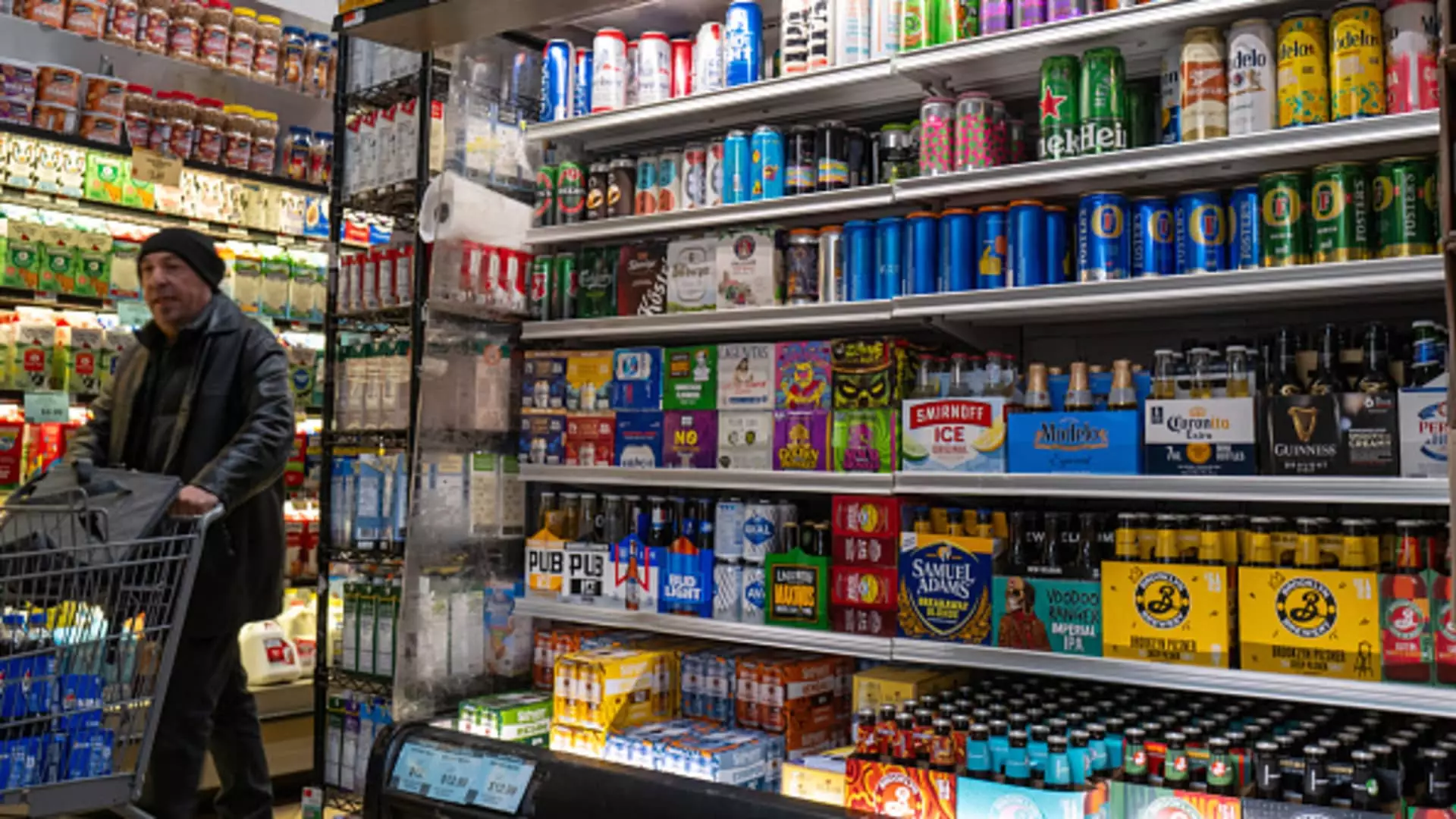On a notable Friday, U.S. Surgeon General Dr. Vivek Murthy issued a crucial advisory highlighting the alarming connection between alcohol consumption and an escalated risk of cancer. This announcement marks a pivotal moment in public health discourse, as it encourages a reevaluation of our societal perception of alcohol, previously regarded largely as a benign social lubricant. Dr. Murthy elucidated that extensive research corroborates this association, revealing that consuming alcohol raises the likelihood of developing at least seven different types of cancer, notably breast, colorectal, esophageal, and liver cancers.
This call to action acknowledges that even minimal consumption, at times as low as a single drink per day, can significantly heighten an individual’s cancer risk, notably for cancers such as breast, mouth, and throat cancers. The gravity of these findings is immense and prompts an urgent societal recalibration regarding alcohol consumption.
In conjunction with this advisory, the Surgeon General advocated for enhanced policy measures aimed at mitigating alcohol-related cancer risks. He proposed that clearer and more prominent labeling on alcoholic beverages should be implemented, including thoughtful warnings regarding the correlative risks of alcohol intake and cancer. The intention is not merely to inform consumers but to instigate a broader cultural dialogue about alcohol consumption patterns and cancer risk. Such labeling mirrors initiatives previously undertaken to combat tobacco use, which involved mandatory health warnings on cigarette packaging.
Moreover, Dr. Murthy recommended the reconsideration of current alcohol consumption guidelines to reflect recent scientific data, emphasizing that established norms may no longer adequately protect public health. The emphasis on education is critical; increasing public awareness surrounding these cancer risks is paramount in fostering informed decision-making about alcohol consumption.
The advisory underscores some sobering statistics. Alcohol is now recognized as the third leading preventable cause of cancer in the U.S., surpassed only by tobacco and obesity. Each year, alcohol is implicated in approximately 100,000 cancer cases and accounts for about 20,000 cancer-related fatalities. Strikingly, this mortality rate exceeds the annual deaths attributed to alcohol-related traffic accidents, which number around 13,500. Despite these staggering statistics, the general public remains largely unaware of the risks associated with alcohol and cancer. Data from Dr. Murthy’s office indicates that while 72% of U.S. adults reported consuming at least one drink per week, less than 50% are cognizant of the link between alcohol consumption and cancer risk.
Globally, the burden of alcohol-related cancer is even more profound, with the World Health Organization documenting 741,300 cases attributed to alcohol intake in 2020 alone. On average, individuals who succumb to alcohol-related cancers experience a premature mortality of around 15 years, highlighting the long-term repercussions of alcohol consumption on public health.
In light of these findings, it is essential to acknowledge the emerging trends among younger adults. Many young Americans are beginning to eschew alcohol, gravitating toward healthier, non-alcoholic alternatives. According to a Gallup survey, approximately two-thirds of adults aged 18 to 34 expressed the sentiment that alcohol consumption adversely affects their health. This is a stark contrast to the views held by older demographics; less than 40% of individuals aged 35 to 54 and those over 55 perceive alcohol consumption similarly.
This generational shift presents a unique opportunity for health policymakers and educators to promote awareness about alcohol-related health risks, utilizing strategies that resonate with younger audiences. By normalizing conversations around alcohol consumption and its health implications, society can pave the way for more informed consumption habits.
As the Surgeon General’s advisory reverberates through public discourse, it serves as an urgent reminder of the latent dangers associated with alcohol consumption. The call for policy change, coupled with a commitment to education, holds the potential to reshape societal views on drinking. It is essential for individuals to weigh the increased cancer risks affiliated with alcohol against their drinking habits, fostering a more health-conscious approach to alcohol consumption. Only through collective awareness and informed decision-making can we hope to diminish the harsh realities of alcohol-linked cancers and protect future generations.

